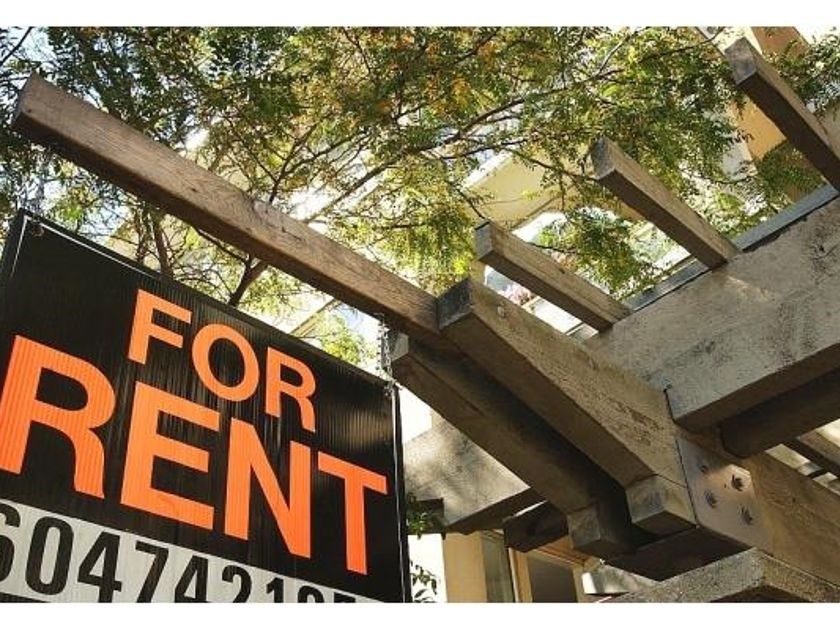There is no denying that we are in a housing crisis and that is tough enough, but the fact that people are using this to their advantage to scam others out of their rent money is awful.
Whether you are the one looking for a rental home or a landlord seeking a tenant for your rental home, it’s a stressful time.
Landlords own rental properties as investments, and I can understand how welcoming a stranger into the basement suite in your home could feel like a gamble. Even if a rental investment is separate from your home, it would be stressful to ensure the tenants selected are respectful, take care of the home, pay rent on time and are good neighbours. For many homeowners, renting out suites is a necessity to help cover mortgage payments and allow someone to take the step into homeownership.
As a tenant, it’s also stressful in this market. With a low vacancy rate, even finding a place is a challenge, and then it can be a crapshoot finding a good landlord who is fair and respectful.
We’ve all heard horror stories of landlords and we’ve also heard horror stories of bad tenants. It’s these stories that perpetuate the fears of finding a new landlord or a new tenant.
Landlords who have had bad experiences and landlords who want to avoid them have been moving to short-term vacation rentals through sites such as Airbnb to avoid long-term tenants and the problems that can come along with them.
This switch has removed long-term rental homes and suites from the rental market and added to the housing shortage. Over the past couple of weeks, I’ve learned of people in our region who are renting short-term vacation rentals and then posting ads online for the same units as long-term rentals. They pose as potential landlords to garner a damage deposit and first month’s rent from an unsuspecting victim.
I am not sure how people can do this and live with themselves.
The victims of this fraud find out they’ve been scammed on the first day of the month when they show up to move in. It’s awful.
This scam is worrisome because someone can welcome you into the suite and show you around. It’s not as if you haven’t even seen the inside of the suite or are speaking with a landlord who is abroad. That was a common scam a few years ago.
Every situation has an exception to the rules, we’ve been told. That’s also what makes it hard to navigate these waters. We have all been told not to send money to people we don’t know or haven’t met, but I’ve spoken to a landlord who has had tenants pay a damage deposit and rent before moving to the province. It’s just so hard to tell who you can trust and who you can’t.
The media and law enforcement are always releasing information on new scams to help protect the public. I like to think I am up-to-date on these, but this scam made me stop and think that if I were in that position, they could have got me, too.
The current scam has the prospective tenant touring the home and meeting the “landlord” in person. Now, prospective tenants aren’t just worried if the landlord is a good one, they have to worry if the person is the real landlord.
I’ve been reading some tips that include asking to see a landlord’s driver’s licence and to see current hydro bills for the home in question. I know these aren’t foolproof, but it’s better than nothing. Also look on short-term vacation rental websites to see if the suite, condo or home is listed there.
Paying a damage deposit and first month’s rent is a lot of money for anyone, and to lose it to a fraudster would be damaging. It could set someone back significantly.
Scammers are always improving their techniques to keep scamming. The public is told what to do to protect themselves and this also informs the scammers on what they are going to face. Criminals are looking for a way to make a quick buck and, unfortunately, they are getting better and better at it.
Charla Huber is the director of communications and Indigenous relations for M’akola Group of Societies.



